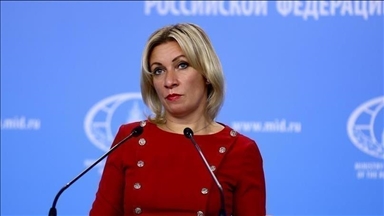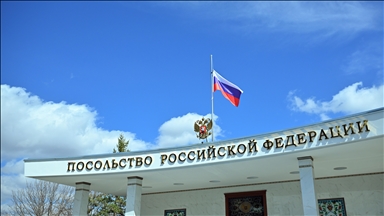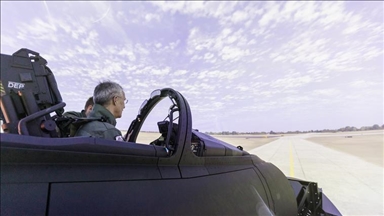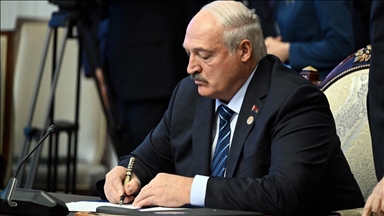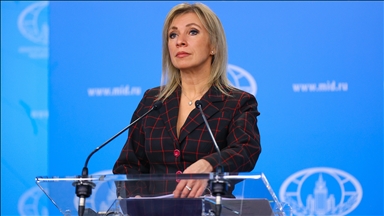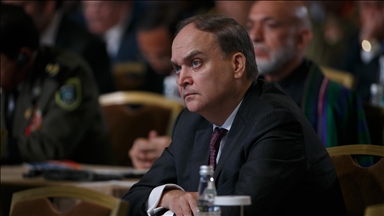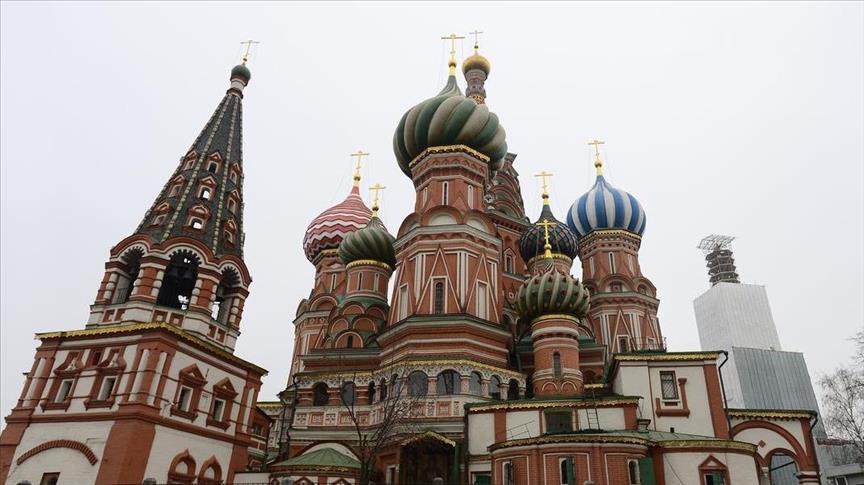
Ankara
by Zaiki Shaikh and Andrew Jay Rosenbaum
LONDON
In the wake of the Paris terrorist attacks on Nov. 13, Russia is promoting its strategy for the Middle East, based on the idea of an 'anti-terror' coalition.
Yet Russia is not concerned with attacking ‘terror,’ that is, not striking at Daesh, but rather the Russian forces aim to protect the Assad regime from Syrian opposition forces.
“Russia’s strategy is to unlock the grip of insurgents around the regime of Bashar al-Assad, cutting off their lines of communication. For this reason, the Russian air force strikes at the strongholds of rebels around Damascus which are not controlled by Daesh but Jabha al-Nusra and the Free Syrian Army,” noted Swiss analyst Richard Werly writing in Le Temps on Nov 17.
“Will Moscow be persuaded to strike at Daesh specifically?’ Werly asked.
The question analysts ask is: How can Russia create an anti-terror coalition if it does not seek to attack Daesh? Is Russia more concerned with changing the geopolitical game than in resolving the Syrian conflict?
‘We face the same threat as you’
For now, Russia is taking advantage of the global reaction to the events in Paris.
“Russia seeks to seize the moment, after the terrorist acts in Paris, to promote its ‘anti-terror’ coalition strategy. This is part of a broader strategy to create a new geopolitical order, not just in the Middle East, but one which will include the resolution of the Ukraine crisis,” Pavel Felgenhauer, a security analyst in Moscow, told Deutsche Welle on Nov. 18.
This is why Russia admitted, on Nov. 17, that the crash of the airbus over Egypt on Oct. 31 was caused by a bomb. Terrorist group Daesh had, long before, as early as Oct. 31, claimed responsibility for the crash.
“It’s important that the Kremlin communicates to Western countries that ‘we face the same threat as you,’” Felgenhauer said.
The attacks, along with the bombing of the Russian airliner, have also helped Russian President Vladimir Putin align Russian public opinion behind the campaign in Syria.
“Russian public opinion can be expected to grow increasingly polarized over the Syria conflict, but that a terrorist attack would only contribute to growing sentiment that Russia is "a besieged fortress" forced to respond to threats from abroad, giving Putin more room to maneuver in Syria,” analyst Karina Pipiya of the Levada Center told the Moscow Times on Nov. 17.
Russia will increase attacks in Syria
The attacks in Paris, however, will also provide an opportunity for Russia to build its forces in Syria and to increase its attacks there, Julia Smirnova wrote in Die Welt on Nov 17.
“The Paris attacks provided the perfect opportunity for Moscow to admit that the Airbus crash over the Sinai was a terrorist attack, and gave Russia the chance to increase its military operations against Daesh, Smirnova wrote.
Russia will profit from the position taken by French president Francois Hollande as well. Hollande told a joint session of the parliament on Nov. 16, that a new coalition was needed to destroy Daesh: ‘We need a re-grouping of all those who can fight this terrorist army in one big single coalition,” Hollande said.
Following a telephone conversation with Hollande, Putin ordered his staff to coordinate with the French naval forces near Syria. Putin was shown instructing his commanders in Syria: ‘When their aircraft carrier arrives in the Eastern Mediterranean in your zone of operation, you need to establish direct contact with the French and to work with them as allies’, Euronews reported on Nov. 18.
It is clear that the Paris attacks, along with the downing of the Russian plane, have changed Putin’s geopolitical status. Previously a pariah due to the Russian actions in Ukraine, Putin now enjoyed considerable attention at the G20 meeting in Antalya on Nov. 16-17 under the Turkish presidency. This could mean an end to Putin’s diplomatic isolation, and perhaps even a rethink by the West on sanctions imposed for the Ukraine conflict.
Anadolu Agency website contains only a portion of the news stories offered to subscribers in the AA News Broadcasting System (HAS), and in summarized form. Please contact us for subscription options.


